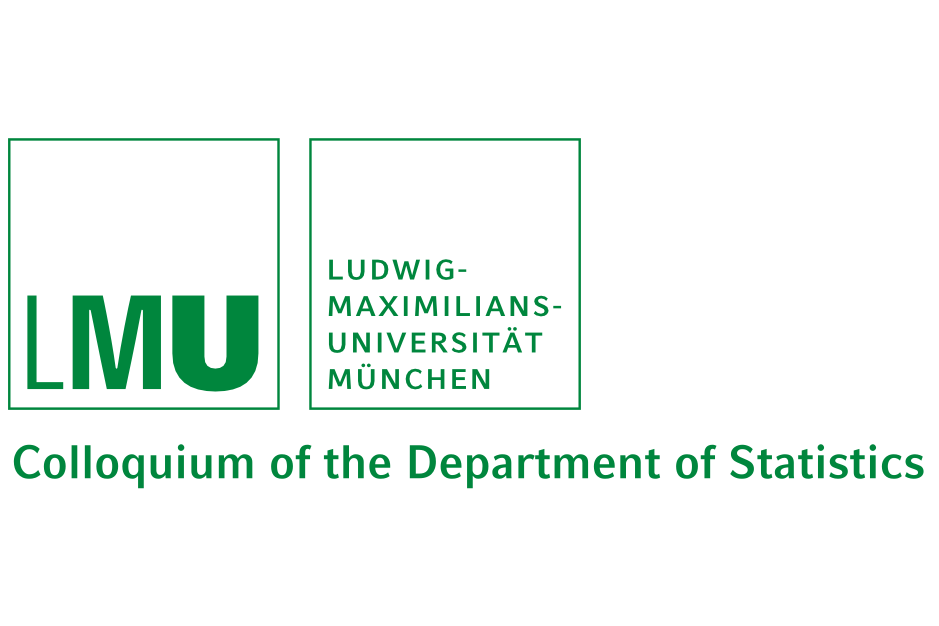15
May

Colloquium
Optimal Convex M-Estimation via Score Matching
Richard Samworth, Cambridge University
15.05.2024
5:00 pm - 6:30 pm
LMU Department of Statistics and via zoom
In the context of linear regression, we construct a data-driven convex loss function with respect to which empirical risk minimisation yields opti- mal asymptotic variance in the downstream estimation of the regression coefficients. Our semiparametric approach targets the best decreasing approximation of the derivative of the log-density of the noise distribution. At the population level, this fitting process is a nonparametric extension of score matching, corresponding to a log-concave projection of the noise distribution with respect to the Fisher divergence. The procedure is com- putationally efficient, and we prove that our procedure attains the minimal asymptotic covariance among all convex M-estimators. As an example of a non-log-concave setting, for Cauchy errors, the optimal convex loss function is Huber-like, and our procedure yields an asymptotic efficiency greater than 0.87 relative to the oracle maximum likelihood estimator of the regression coefficients that uses knowledge of this error distribution; in this sense, we obtain robustness without sacrificing much efficiency.